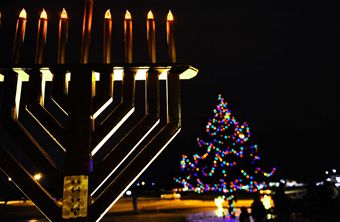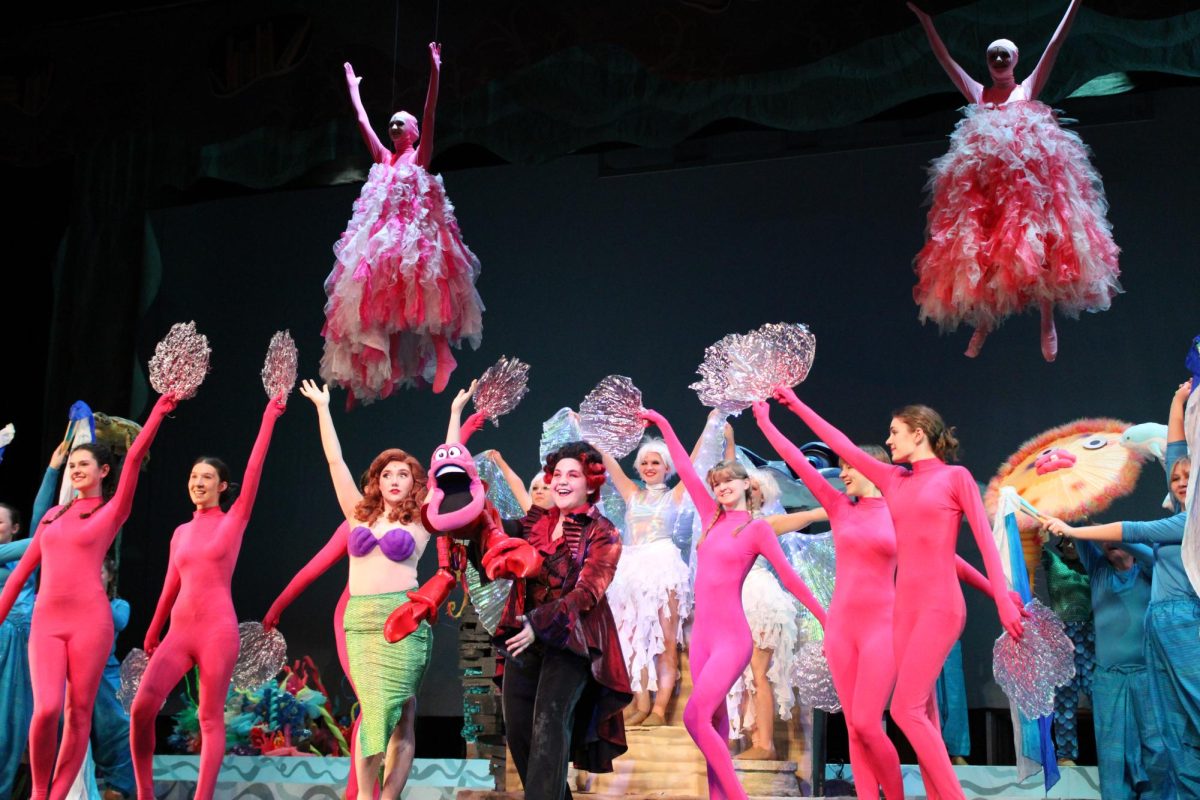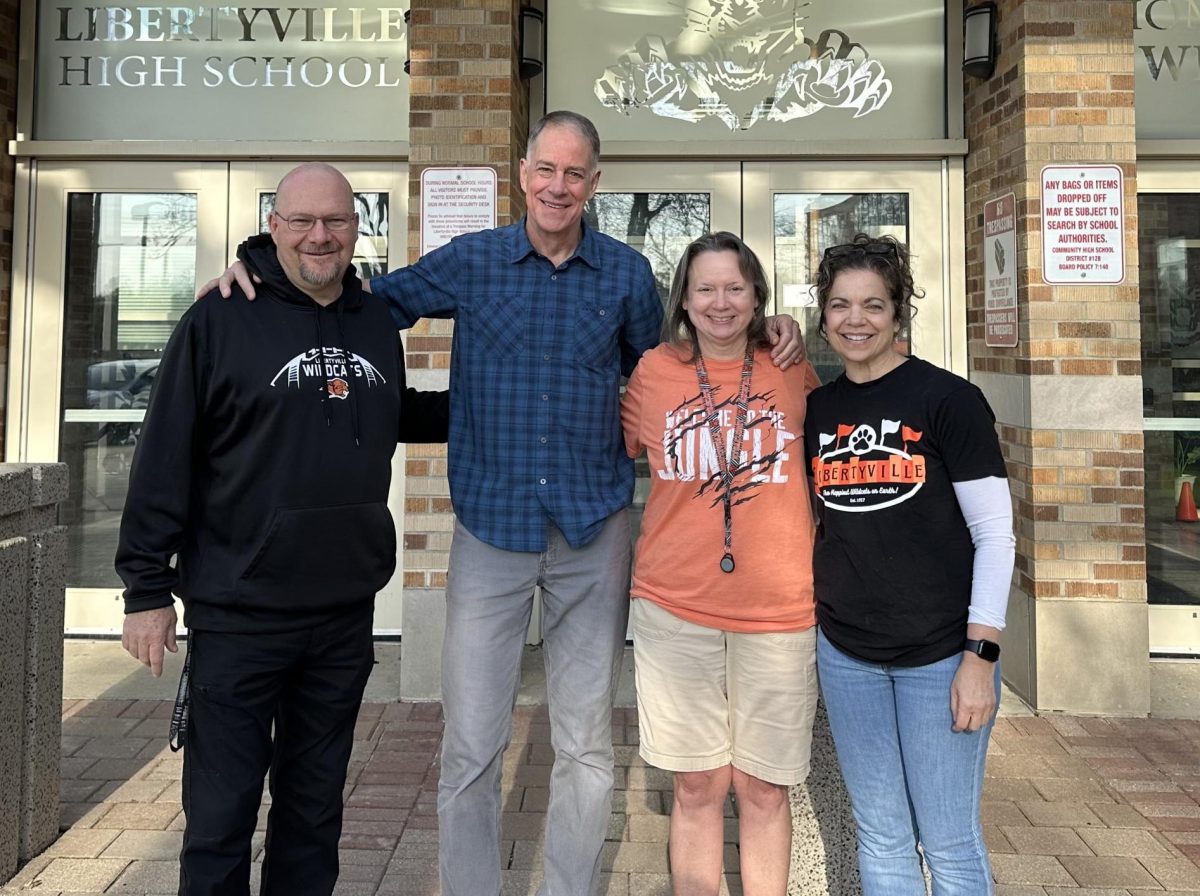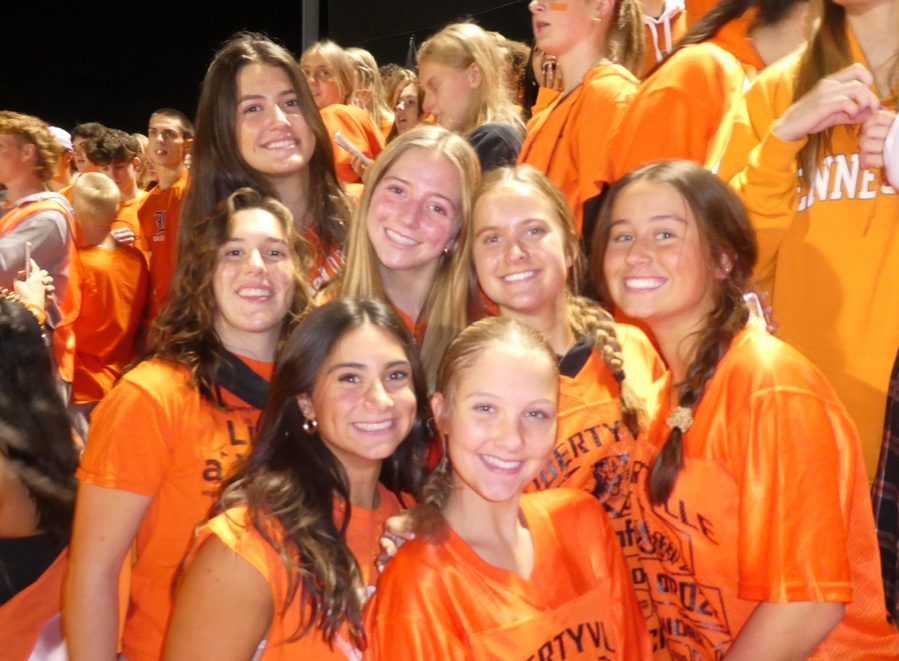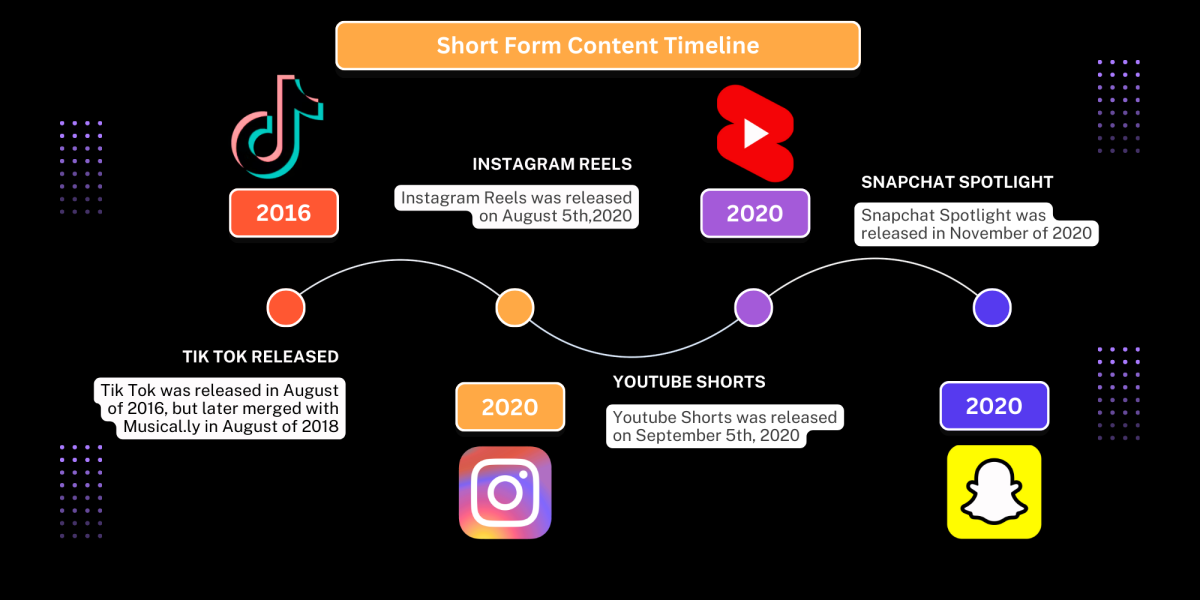The holiday season: bright lights, caroling, presents, and family. Most people associate the holiday season with Christmas because, according to The Huffington Post, almost 95 percent of America celebrates it, including non-Christians. According to the same sight, only half of those who celebrate Christmas bring spiritual value to the way they celebrate the holiday. It has become a commercialized holiday to the point where even those who don’t follow the belief system it stems from will participate in the festivities, according to certain students at LHS.
Some Jewish students at LHS celebrate both Christmas and Hanukkah, such as Olivia Richardson. She is half Jewish from her mom’s side.
“I don’t really feel left out of Christmas. I really do like having my own traditions that a lot of people aren’t really aware of, I guess,” she said. “When other people don’t understand them, it’s actually kind of special.
“It doesn’t really matter to me that Christmas is the most dominant holiday, just because I’ve gotten used to it,” said Richardson. She added that while the majority of things about being Jewish around this season rather than Christian aren’t a problem, certain things do get on her nerves.
“The only thing that really actually bothers me is when people say ‘Christmas break’ instead of ‘winter break,’ just because it’s what we’re supposed to call it considering Christmas is technically only two of however many days we’re on break.”
Richardson said that she celebrates Christmas certain years with her dad’s side of the family because they are Christian, but sometimes she goes for Chinese food and a movie with her mom’s side of the family. “It may be a stereotype, but it is a lot of fun,” she said.
Holiday traditions like the downtown Libertyville tree lighting have recently added a Jewish tradition to create a more universal holiday environment. A menorah was added within the past four years to the displays in the park to go alongside the nativity scene and the lit-up tree.
The stereotypical activities of non-Christians on Christmas Eve and Day include going to the movies and eating Chinese food. In all actuality, most Jews will either partake in some festivities, or treat it like a normal day, according to Isaac Shur, who is also Jewish.
“I’m half Jewish, so I celebrate both Hanukkah and Christmas,” said Shur. He said that he believes that it isn’t about what holiday is celebrated the most, but that people should practice whatever they’re a part of. “My dad is Jewish, so I partake in both holidays. I like doing that.”
Shur said that it’s acceptable for Jewish people to celebrate Christmas. “Christmas has become as much a cultural event as it is a religious event, so if anyone wants to celebrate it, why not?”
A Washington Post article by Michelle Boorstein states that even in an era in which religious pluralism is accepted, it seems that certain Christmas elements like trees and gift-giving are so far separated from the religious factor that they can be associated with the Jewish faith as well for Hanukkah. But some Jews still find issue with this considering it doesn’t stay true to the way of the holiday.
From the article, Neal Hoffman, a Jewish marketing executive, said, “Christmas has gone so secular, and Santa and elves and wreaths are so removed from Christianity, we could just say: ‘We can adopt these. There’s no harm’ But I feel guilty.”
In society today, it seems as if the entire month of December has been chained to the Christmas season. It doesn’t seem to be an argument of making Hannukah and Christmas equally represented because one outweighs the other, but more of the recognition that there is more to the holiday season than Santa Claus and trees.



